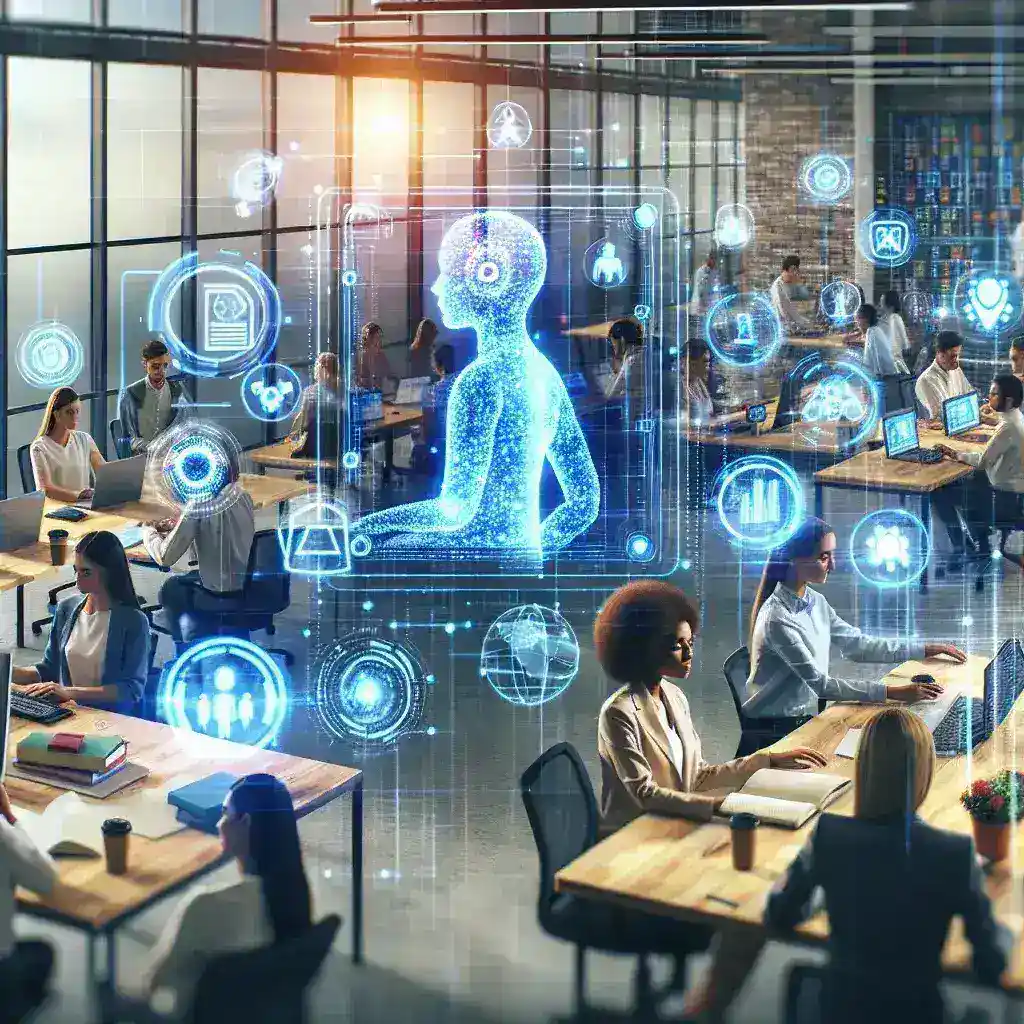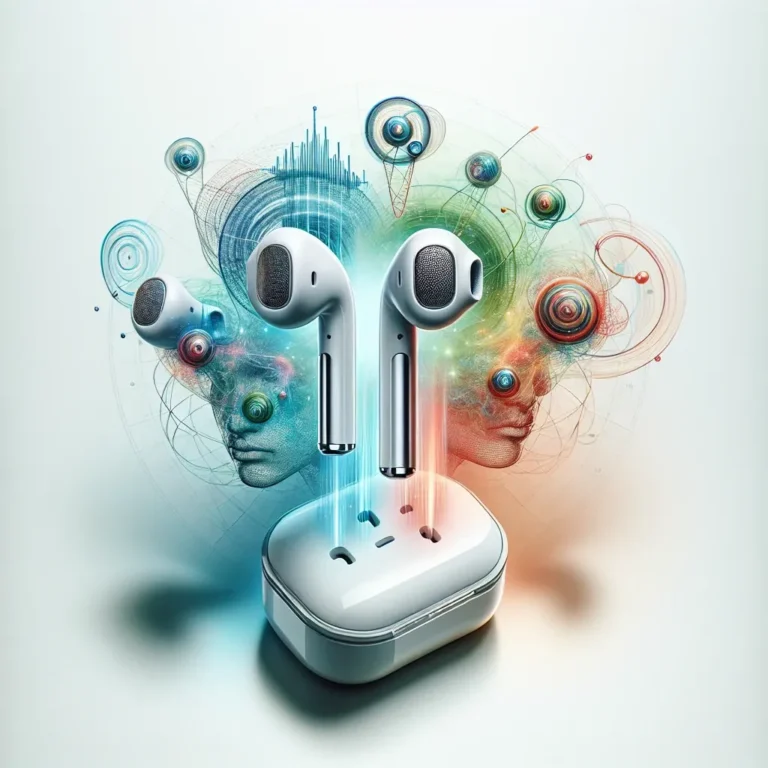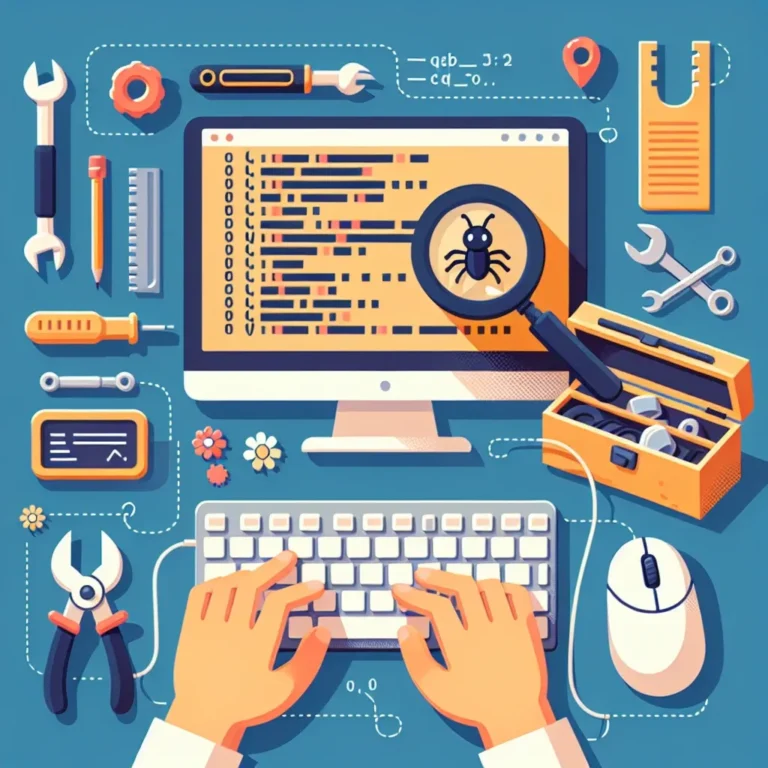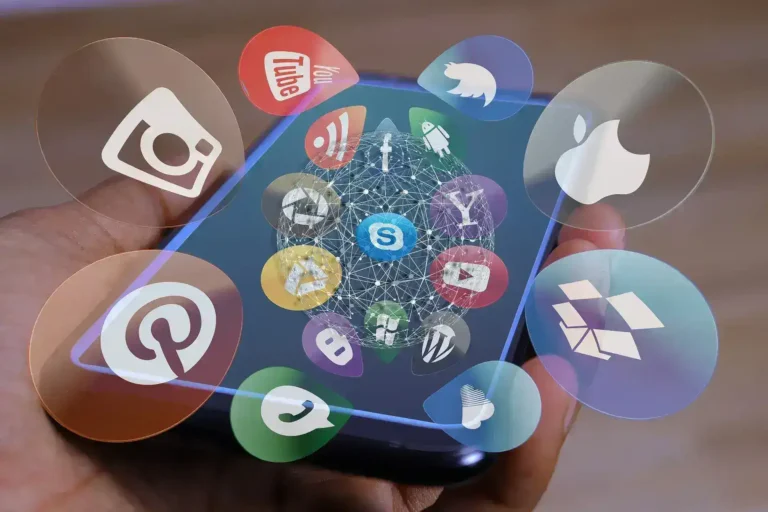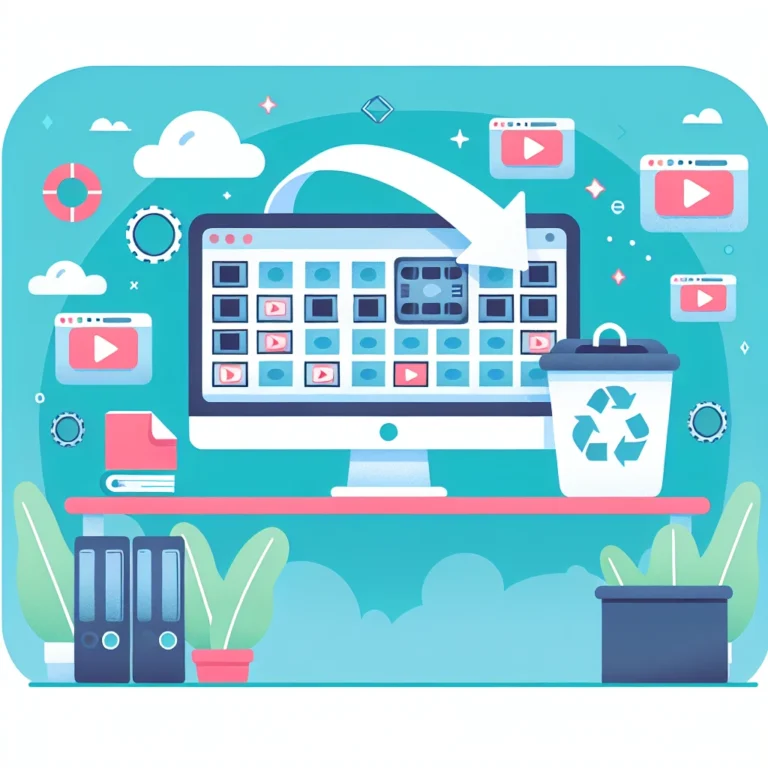Microsoft Teams Piloting AI Powered Employee Upskilling in U.S. Workplaces
Introduction
In an era defined by rapid technological advancements, organizations are continually looking for innovative ways to enhance workforce capabilities. One of the latest trends is the integration of artificial intelligence (AI) into employee training and development. Microsoft Teams, a leading collaboration platform, is at the forefront of this revolution, piloting AI-powered upskilling initiatives across U.S. workplaces. This article explores the implications, benefits, and future of this initiative, providing a comprehensive overview of how AI is reshaping employee development.
The Rise of AI in Workplace Training
The adoption of AI technologies in the workplace has seen exponential growth over recent years. From automating mundane tasks to facilitating personalized learning experiences, AI is proving to be a game-changer. According to a recent report, organizations that implement AI in training see a 30% increase in employee productivity. This statistic underscores the importance of AI in enhancing workforce efficiency.
Historical Context
The concept of employee upskilling is not new; however, its integration with AI is a recent development. Traditionally, upskilling involved manual training sessions, workshops, and seminars. With the advent of digital platforms, e-learning gained traction, allowing employees to learn at their own pace. Now, with AI, personalized learning experiences are created, catering to individual needs and preferences.
Microsoft Teams: A Beacon of AI Innovation
Microsoft Teams is recognized for its collaborative features, but its latest venture into AI-powered training marks a significant shift in its approach. By harnessing AI, Teams aims to tailor learning experiences, making them more relevant and effective for employees. This initiative aligns with the growing demand for continuous learning in fast-paced work environments.
How AI-Powered Upskilling Works
The AI capabilities embedded in Microsoft Teams allow for a dynamic learning environment. Here’s how it works:
- Personalized Learning Paths: AI analyzes employee performance and learning styles to create tailored training programs.
- Real-Time Feedback: Employees receive immediate feedback on their performance, enabling them to adjust their learning strategies as needed.
- Predictive Analytics: AI predicts future training needs based on industry trends and employee performance data.
The Benefits of AI-Powered Upskilling
Implementing AI in employee training brings a multitude of benefits:
- Enhanced Engagement: Personalized learning experiences increase employee engagement and motivation.
- Improved Retention: Tailored training helps employees retain information better, leading to more effective skill acquisition.
- Cost Efficiency: AI can optimize training costs by identifying the most effective learning methods and reducing the need for lengthy training sessions.
Real-World Applications
Several companies in the U.S. have already begun to leverage Microsoft Teams for AI-powered upskilling. For instance, a leading tech firm implemented a pilot program using Teams to train its software developers. The program utilized AI to assess individual learning curves and adapt the training materials accordingly. As a result, the company reported a 40% increase in the speed of new project rollouts.
Statistical Insights
According to recent studies, organizations that employ AI in employee training programs have noted:
- 75% of employees prefer personalized learning experiences.
- Companies implementing AI training see a 25% reduction in employee turnover rates.
Cultural Relevance
As the workforce becomes increasingly diverse, understanding cultural nuances in training is essential. AI can analyze cultural contexts and tailor training programs accordingly. This not only promotes inclusivity but also ensures that all employees benefit from the upskilling initiative.
Future Predictions
Looking ahead, the future of AI-powered employee training appears promising. Experts predict that by 2025, nearly 70% of organizations will integrate some form of AI in their training processes. This trend will not only revolutionize the way employees learn but also redefine the role of trainers and HR professionals.
Challenges Ahead
Despite the myriad benefits, challenges remain. Organizations must invest in proper AI tools and ensure that their workforce is trained to utilize these technologies effectively. Additionally, concerns regarding data privacy and ethical use of AI must be addressed to build trust among employees.
Conclusion
Microsoft Teams’ pilot program for AI-powered employee upskilling is a significant step forward in workforce development. By harnessing the potential of artificial intelligence, companies can create personalized, efficient, and effective training experiences. As organizations continue to adapt to the evolving technological landscape, embracing AI in employee training is not just an option but a necessity for future success.
Call to Action
Organizations looking to enhance their training programs should consider exploring AI-powered solutions. Microsoft Teams offers a robust platform that can support these initiatives, paving the way for a more skilled and adaptable workforce.

